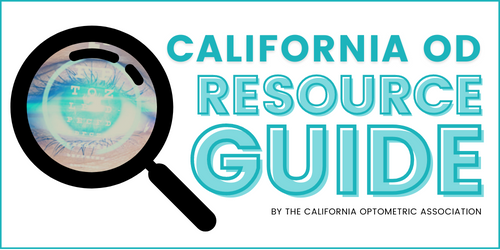IRS, States, Industry Urge Taxpayers to Learn Signs of Identity Theft
Identity theft - it’s all over the news. This time of year thieves attempt to obtain your personal data and get quick cash by filing fraudulent tax returns or sending you fake notices from taxing authorities to get some quick cash. That’s why the IRS and others are urging the public to inform themselves about it as a preventative measure.
The IRS, state tax agencies and the nation’s tax industry ask for your help in their effort to combat identity theft and fraudulent returns. That’s why they launched a public awareness campaign called “Taxes. Security. Together.” They’ve also started a new series of security awareness tips that can help protect you from cybercriminals.
Here are a few signs that you may be a victim of tax-related identity theft:
1. Your attempt to file your tax return electronically is rejected. You get a message saying a return with a duplicate Social Security number has been filed. First, check to make sure you did not transpose any numbers. Also, make sure one of your dependents, for example, your college-age child, did not file a tax return and claim themselves. If your information is accurate, and you still can’t successfully e-file because of a duplicate SSN, you may be a victim of identity theft. You should complete Form 14039, Identity Theft Affidavit. Attach it to the top of a paper tax return and mail to the IRS.
2. You receive a letter from the IRS asking you to verify whether you sent a tax return bearing your name and SSN. The IRS holds suspicious tax returns and sends taxpayers letters to verify them. If you did not file the tax return, follow the instructions in the IRS letter immediately.
3. You receive income information at tax time from an employer unknown to you. Employment-related identity theft involves the use of your SSN by someone, generally an undocumented worker, for employment purposes only.
4. You receive a tax refund that you did not request. You may receive a paper refund check by mail that the thief intended to have sent elsewhere. If you receive a tax refund you did not request, return it to the IRS. Write “VOID” in the endorsement section, and include a note on why you are returning it. If it is a direct deposit refund that you did not request, contact your bank and ask them to return it to the IRS. Search IRS.gov for “Returning an Erroneous Refund” for more information.
5. You receive a tax transcript by mail that you did not request. Identity thieves sometimes try to test the validity of the personal data they have chosen or they attempt to use your data to steal even more information. If you receive a tax transcript in the mail and you did not request it, be alert to the possibility of identity theft.
6. You receive a reloadable, pre-paid debit card in the mail that you did not request. Identity thieves sometimes use your name and address to create an account for a reloadable prepaid debit card that they use for various schemes, including tax-related identity theft.
More information about tax-related identity theft can be found at Identity Protection: Prevention, Detection and Victim Assistance as well as the Taxpayer Guide to Identity Theft – all on IRS.gov.
To learn additional steps you can take to protect your personal and financial data, visit Taxes. Security. Together. Also read Publication 4524, Security Awareness for Taxpayers.
1.png)

1.png)



.png)




.png)
.png)
.png)
.jpg)
.png)
.png)
.png)
.png)
.png)
.png)

.png)

.png)
.png)
